MRC have launch a refreshed Guidance for Applicants, published in a new and improved format on their website:  www.mrc.ac.uk/funding/guidance-for-applicants.
www.mrc.ac.uk/funding/guidance-for-applicants.
To improve communication with their community (applicants and research offices) they have been investigating ways of making the guidance more interactive and intuitive.
The main improvements to the guidance are:
* Hyperlinks from content pages
* Relevant forms made easier to find and download
* The option to print a PDF copy of the document
* More tables to make information easier to read
* Special considerations split into:
* Ethics and approvals
* Proposals involving animal use
New and revised sections:
* Research council facilities updated to include Ion Beam Centre, University of Surrey (section 2.9)
* New guidance added on common reasons for returning applications to research offices (section 2.10)
* Updated guidance on application costing: please be aware that some historical data may have been removed (section 3)
* Updated guidance on costing of applications involving MRC units and institutes (NOT university units) (section 3.2)
* New guidance for eligible individuals from MRC University Units and the Francis Crick Institute who wish to apply for MRC grants as either a lead or co-applicant (section 3.3)
* New section: Research involving cohort resources (section 3.5)
In addition, a new ‘Updates’ section on the main page will inform you of any major changes made to the guidance and allow MRC to keep the guidance fully up-to-date. These updates will be linked to the relevant section in the guidance to help you navigate to the relevant page. Copies of historical changes will also be available from this section.
Please have a look through the pages to familiarise yourself with the refreshed format and the new and revised sections: www.mrc.ac.uk/funding/guidance-for-applicants.
MRC would welcome your feedback on the new guidance. Please send any comments to the Research Funding Policy and Delivery team: RFPD@headoffice.mrc.ac.uk.

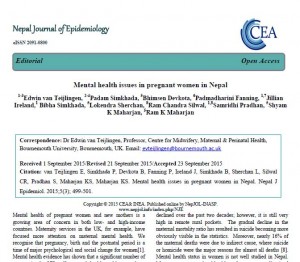
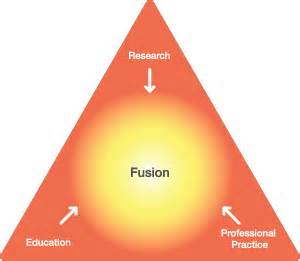



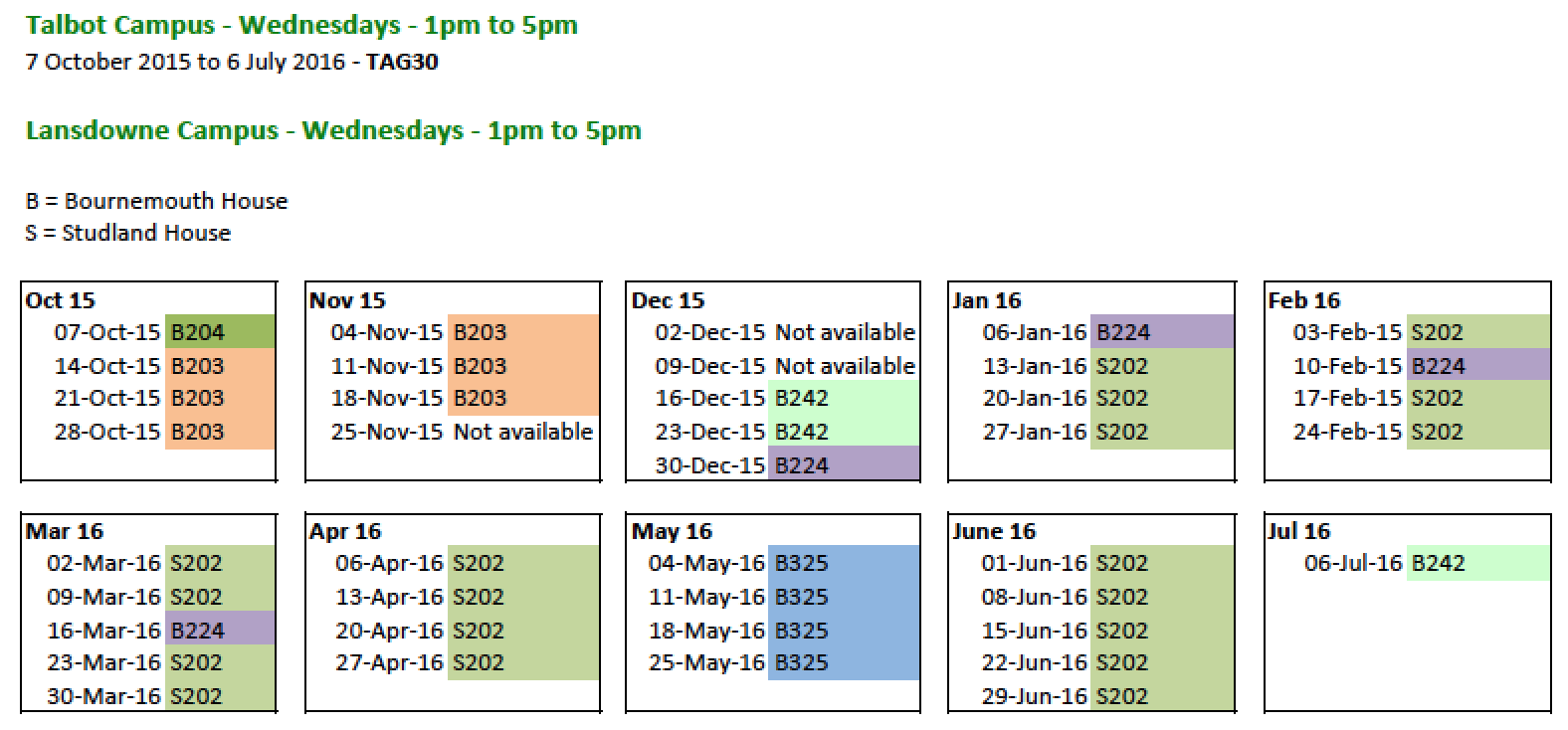
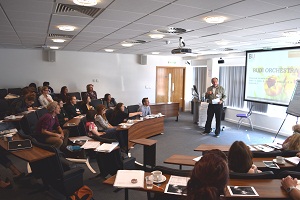
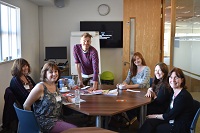
![InnovateUK_LogoA_Interim_RGBx320govuk[1]](http://blogs.bournemouth.ac.uk/research/files/2014/12/InnovateUK_LogoA_Interim_RGBx320govuk11-300x90.jpg)


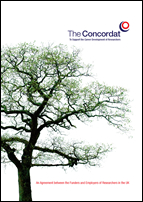
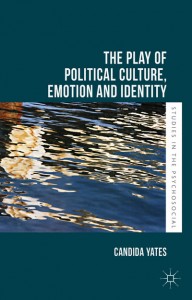












 New Nepal scoping review on maternal & neonatal health
New Nepal scoping review on maternal & neonatal health Fourth INRC Symposium: From Clinical Applications to Neuro-Inspired Computation
Fourth INRC Symposium: From Clinical Applications to Neuro-Inspired Computation Writing policy briefs
Writing policy briefs Upholding Excellence: The Concordat to Support Research Integrity
Upholding Excellence: The Concordat to Support Research Integrity ECR Funding Open Call: Research Culture & Community Grant – Application Deadline Friday 12 December
ECR Funding Open Call: Research Culture & Community Grant – Application Deadline Friday 12 December MSCA Postdoctoral Fellowships 2025 Call
MSCA Postdoctoral Fellowships 2025 Call ERC Advanced Grant 2025 Webinar
ERC Advanced Grant 2025 Webinar Horizon Europe Work Programme 2025 Published
Horizon Europe Work Programme 2025 Published Horizon Europe 2025 Work Programme pre-Published
Horizon Europe 2025 Work Programme pre-Published Update on UKRO services
Update on UKRO services European research project exploring use of ‘virtual twins’ to better manage metabolic associated fatty liver disease
European research project exploring use of ‘virtual twins’ to better manage metabolic associated fatty liver disease